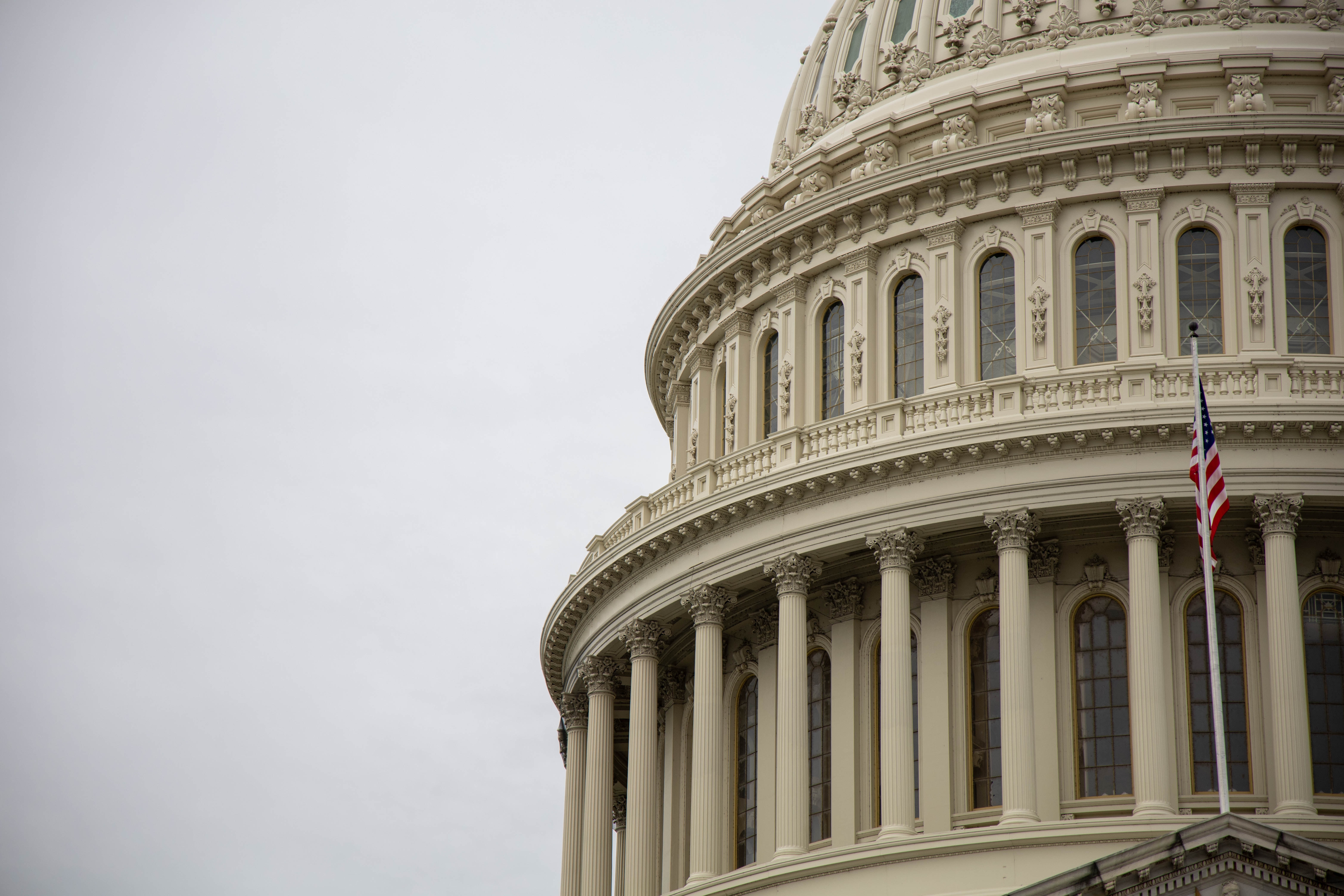Montana's Republican Governor Greg Gianforte recently approved multiple bills that impose restrictions on abortion access, resulting in legal battles and opposing a 1999 state Supreme Court ruling regarding the procedure. The newly-signed legislation claims that access to abortion until viability is no longer protected by the right of privacy under Montana's constitution, clashing with the two-decade-old court ruling.
Governor Gianforte asserted that the new laws give a voice to the voiceless and put an end to the misuse of a fragile legal interpretation to push a pro-abortion agenda. These restrictions emerge as states adjust to the altered abortion landscape following the US Supreme Court's overturning of Roe v. Wade last year, which led to the removal of federal abortion protections. Numerous Republican-led states have implemented restrictions, while some Democratic-led states have expanded access to abortion for their residents and those seeking care from other states.
One of the laws signed by Governor Gianforte establishes a "right of conscience," permitting health care providers or institutions to refuse to perform abortions if it conflicts with their ethical, moral, or religious beliefs or principles. Another bill, HB625, mandates health care providers to offer care to infants born alive following an attempted abortion or face fines and imprisonment. However, intentionally killing a born-alive infant is already classified as homicide in the United States.
Although Governor Gianforte asserts that these "pro-family, pro-child, pro-life" bills will create a lasting impact in Montana, Democrats and abortion rights supporters argue that the laws add unnecessary provisions to limit access. Abortion rights advocates achieved a temporary victory when a Montana judge blocked one measure, HB575, requiring patients to have an ultrasound and obtain a written determination of viability from a provider before getting an abortion. Montana's Planned Parenthood chapter filed an emergency relief request, arguing that the ultrasound requirement effectively bans telehealth medication abortions, which have significantly increased since the Supreme Court's abortion ruling last summer.
Martha Fuller, president and CEO of Planned Parenthood of Montana, criticized Montana lawmakers for not respecting individuals' decisions about their bodies and lives, and for intruding into examination rooms to obstruct access to essential health care. She accused politicians of undermining personal freedom and shaming those who seek abortions by adding unnecessary and burdensome bureaucracy to a safe and legal medical procedure.
The legal dispute in Montana is one of several ongoing battles related to reproductive rights in state and federal courts. Near-total abortion bans in Indiana and Ohio are currently in limbo after judges issued orders suspending the restrictions.
Q&A Section:
Q: What are the new abortion restrictions in Montana?
A: The new abortion restrictions in Montana include a "right of conscience" that allows health care providers or institutions to refuse to perform abortions if it violates their ethical, moral, or religious beliefs or principles, and a bill (HB625) requiring health care providers to give care to infants born alive after an attempted abortion or face fines and imprisonment.
Q: What is the current legal status of the ultrasound requirement in Montana?
A: The ultrasound requirement, part of Montana's HB575 bill, is temporarily blocked by a Montana judge after Planned Parenthood of Montana filed an emergency relief request arguing that the requirement effectively bans telehealth medication abortions.










